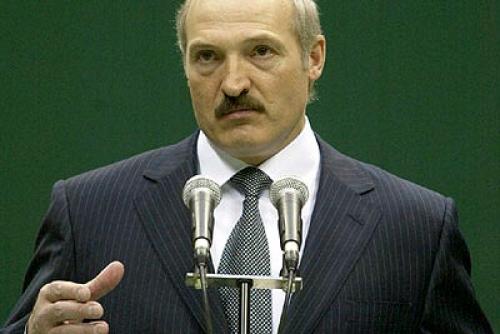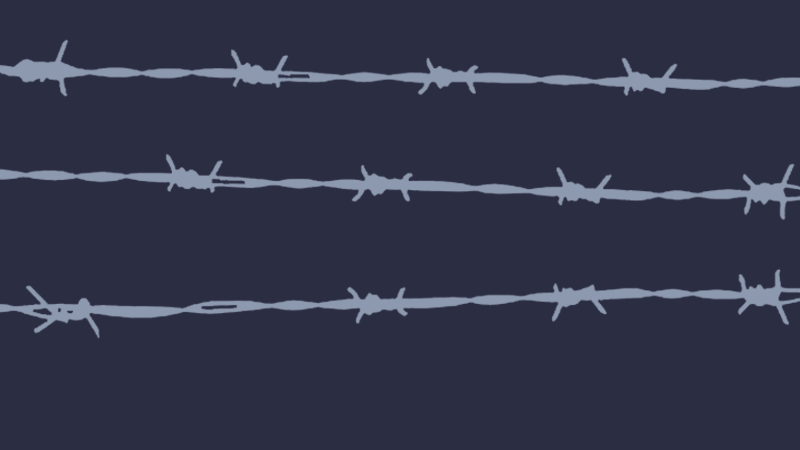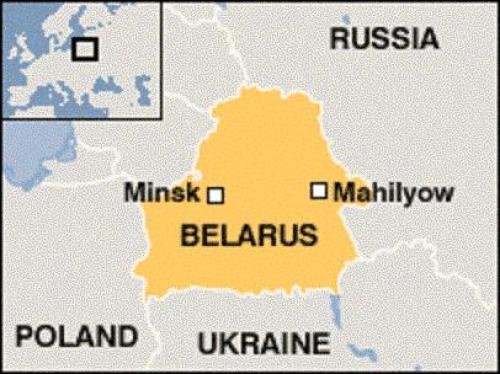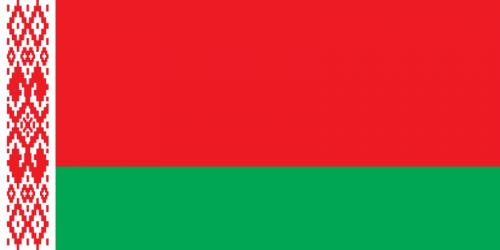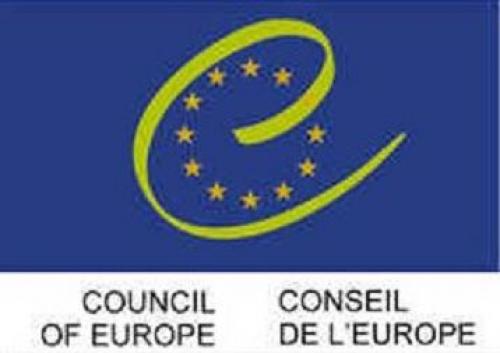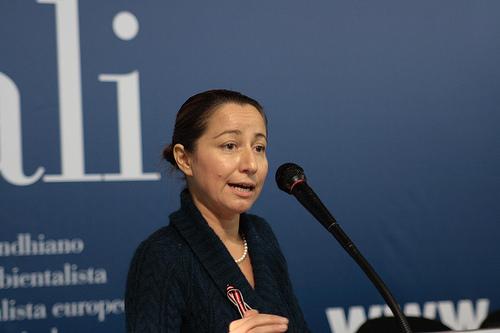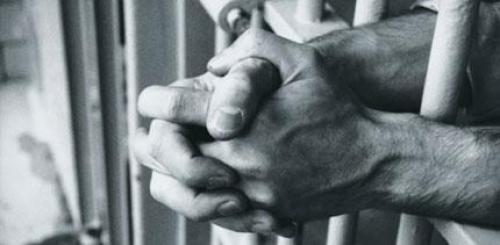government: republic in name, although in fact a dictatorship
state of civil and political rights: Not free
constitution: 30 March 1994; revised by national referendum of 24 November 1996 giving the presidency greatly expanded powers and became effective 27 November 1996; revised again 17 October 2004 removing presidential term limits
legal system: based on civil law system
legislative system: bicameral National Assembly (Natsionalnoye Sobranie) consists of the Council of the Republic (Soviet Respubliki) and the Chamber of Representatives (Palata Predstaviteley)
judicial system: Supreme Court, judges are appointed by the president; Constitutional Court, half of the judges appointed by the president and half appointed by the Chamber of Representatives
religion: Eastern Orthodox 80%, other 20%
death row: 104 (on November 19, 2004)
year of last executions: 0-0-0
death sentences: 2
executions: 0
international treaties on human rights and the death penalty:International Covenant on Civil and Political Rights
1st Optional Protocol to the Covenant
Convention on the Rights of the Child
Convention Against Torture and Other Cruel, Inhuman or Degrading Treatment or Punishment
situation:
Article 24 of the constitution reads that "the death penalty can be applied as an exceptional measure of punishment for grave crimes in accordance with the law and only under court sentences until it is abolished".
The death penalty is envisaged for 14 crimes. These are acts of aggression, murder of a representative of a foreign state or international organization with the intention to provoke international tension or war, international terrorism, genocide, crimes against humanity, murder committed under aggravating circumstances, terrorism, terrorist acts, treason that results in loss of life, conspiracy to seize power, sabotage, murder of a police officer, application of weapons of mass destruction and violations of the laws and customs of war.
People who were below the age of 18 at the time when the crime was committed and women cannot be sentenced to death, neither can men who are over the age of 65 at the time when the sentence is pronounced.
The Constitution gives the President authority to grant clemency.
The Criminal Code of Belarus states that the death penalty can be replaced by an act of clemency with life imprisonment. A Clemency Commission prepares cases that are then considered by the President who takes the final decision on whether to grant clemency.
In a 1996 referendum, which was not recognized by the international community due to serious irregularities, the majority of voters voiced their support for the continued use of the death penalty. President Alexander Lukashenko has also been sharply criticized in the West for his authoritarian rule. Despite the norms of the 1994 constitution stipulating elections within five years, President Lukashenko extended his term to 2001 via a referendum in November 1996. On September 9, 2001 new elections confirmed him.
Partly due to the country’s stance on the death penalty, the Parliamentary Assembly of the Council of Europe suspended Belarus's special guest status in January 1997.
Information about the death penalty is classed as a state secret: the convict's relatives are not informed of the date or place of execution even after the event, the body is not returned to the family and the place of burial is not disclosed. Executions are carried out by shooting. There are concerns that fair trial guarantees are not complied with in some trials that lead to the death penalty.
On May 30, 2002 the House of Representatives held hearings on the issue of the death penalty. The majority of the parliamentarians opposed the abolition of the death penalty or the introduction of a moratorium.
On March 11, 2004 the Constitutional Court concluded its assessment of the compliance of the death-penalty provisions in the Criminal Code with the Constitution, following a request from the House of Representatives of the National Assembly. The Court found a number of provisions of the Criminal Code to be inconsistent with the Constitution and thus provided for the possibility of either the abolition of the death penalty or the imposition of a moratorium on executions as the first step towards full abolition. The Court recalled that such measures may be enacted by the head of state and the National Assembly.
On 24 June 2005, the president of Belarus submitted a draft law to the parliament that, inter alia, supplements the Criminal Code with a reference to the temporary character of the death penalty, which, until its abolition, may be applied as an exceptional measure for cases of premeditated murder with aggravating circumstances.
On 29 June 2005, the chairperson of the House of Representatives of the National Assembly, Vladimir Konoplev, spoke at a press conference about the possibility of introducing a moratorium for a certain period.
On 11 July 2005, the deputy head of the Presidential Administration and the chairperson of the Clemency Commission, Natalya Petkevich, announced that the death penalty could be abolished when certain social preconditions were in place. She also stated that the Belarusian authorities could not abolish the death penalty at the moment because 85 per cent of the population voted to retain the death penalty in a referendum in 1996; thus, she said, the results of that referendum could be overturned only by another referendum.
According to OSCE data updated to February 5, 2003, at least 1 person was executed in 2003. Five people were executed in 2002, 7 in 2001, and 10 in 2000. According to General Procurator Oleg Bozhelko, 14 death sentences were carried out in 1999. OSCE data for 1998 records 40 executions.
According to Valentin Sukalo, chairman of the country’s Supreme Court, two death penalties were passed in Belarus in 2004 and four death sentences were executed.
In October 2006, the International Helsinki Federation for Human Rights reported that official statistics were provided in February 2006 by the chairman of the Supreme Court, Valentin Sukalo. He stated that four death row prisoners had been executed in Belarus in 2005 and two death sentences had been issued. However, in its 2006 report ‘The Death Penalty in the OSCE Area’, the Organization for Security and Co-operation in Europe (OSCE) reported the names of 7 condemned to death. The Osce also reported official statistics that indicate that five individuals were executed during the period from 30 June 2005 to 30 June 2006.
According to the chair of the Supreme court, five death sentences were passed in the first six months of 2006 and the Institute for Democracy in Eastern Europe (IDEE) reported that nine death sentences were passed during the 2006.
At least one execution was recorded in 2007.
On December 18, 2008 Belarus abstained on the Resolution on a Moratorium on the Use of the Death Penalty at the UN General Assembly.



